General description
Adiponectin is secreted from adipose tissue for the regulation of glucose and fatty acid break down.
Anti-Adiponectin is produced in rabbit using a synthetic peptide corresponding to amino acid residues of human adiponectin. Adiponectin, also designated as adipocyte complement-related protein of 30 kDa (Acrp30), AdipoQ, apM1, Gelatin-binding protein 28 kDa (GBP28) is an adipocyte-specific protein that circulates in the blood stream, where it accounts for approximately 0.01% of all plasma proteins. Adiponectin belongs to the complement factor C1q family that belongs to the soluble defense collagen superfamily. Adiponectin (ADIPOQ) protein has a carboxyl-terminal globular domain and an amino-terminal collagen domain.
Specificity
Rabbit Anti-Adiponectin antibody recognizes human and mouse adiponectin.
Immunogen
synthetic peptide corresponding to amino acid residues 225-244 of human adiponectin with N-terminal added cysteine, conjugated to KLH.
Application
Anti-Adiponectin antibody produced in rabbit has been used in western blotting and immunohistochemistry.
Applications in which this antibody has been used successfully, and the associated peer-reviewed papers, are given below.
Western Blotting (1 paper)
Rabbit Anti-Adiponectin antibody has been used for immunohistochemical and western blot applications.
Biochem/physiol Actions
Adipose tissue has important roles in energy storage, glucose homeostasis and fat metabolism.(10) Increased adiponectin levels are associated with type I diabetes mellitus, anorexia nervosa, weight reduction, and chronic renal failure. Adiponectin (ADIPOQ) affects lipid catabolism by increasing fatty acid oxidation in muscle, modulates glucose uptake, alters liver gluconeogenesis and enhances insulin-sensitivity in both muscle and liver. ADIPOQ has anti-atherosclerotic and anti-inflammatory properties. ADIPOQ has a role in physiological processes such as energy homeostasis and obesity. Low levels of adiponectin are also linked with hypertension and dyslipidemia. Mutation in the gene encoding it is linked with risk for endometrial cancer.
Physical form
Solution in 0.01 M phosphate buffered saline, pH 7.4, containing 15 mM sodium azide.
Disclaimer
Unless otherwise stated in our catalog or other company documentation accompanying the product(s), our products are intended for research use only and are not to be used for any other purpose, which includes but is not limited to, unauthorized commercial uses, in vitro diagnostic uses, ex vivo or in vivo therapeutic uses or any type of consumption or application to humans or animals.
biological source: rabbit. Quality Level: 200. conjugate: unconjugated. antibody form: affinity isolated antibody. antibody product type: primary antibodies. clone: polyclonal. form: buffered aqueous solution. species reactivity: mouse, human. concentration: ~1 . mg/mL. technique(s): western blot (chemiluminescent): 0.5-1 . μ. g/mL using using human plasma or placenta, or an extract of differentiated 3T3-L1 mouse cells. (It is recommended to dilute the antibody in phosphate buffered saline containing 0.5% non-fat dry milk for background staining reduction.). UniProt accession no.: Q15848. shipped in: dry ice. storage temp.: −. 20°C. target post-translational modification: unmodified. Gene Information: human ... ADIPOQ(9370)mouse ... Adipoq(11450). Storage Class Code: 10 - Combustible liquids. WGK: WGK 3. Flash Point(F): Not applicable. Flash Point(C): Not applicable.
Shipping Information:
Dry Ice Surcharge & Ice Pack Shipments: $40
More Information: https://cenmed.com/shipping-returns
- UPC:
- 41116012
- Condition:
- New
- Availability:
- 3-5 Days
- Weight:
- 1.00 Ounces
- HazmatClass:
- No
- MPN:
- A6354-200UL
- Temperature Control Device:
- Yes












